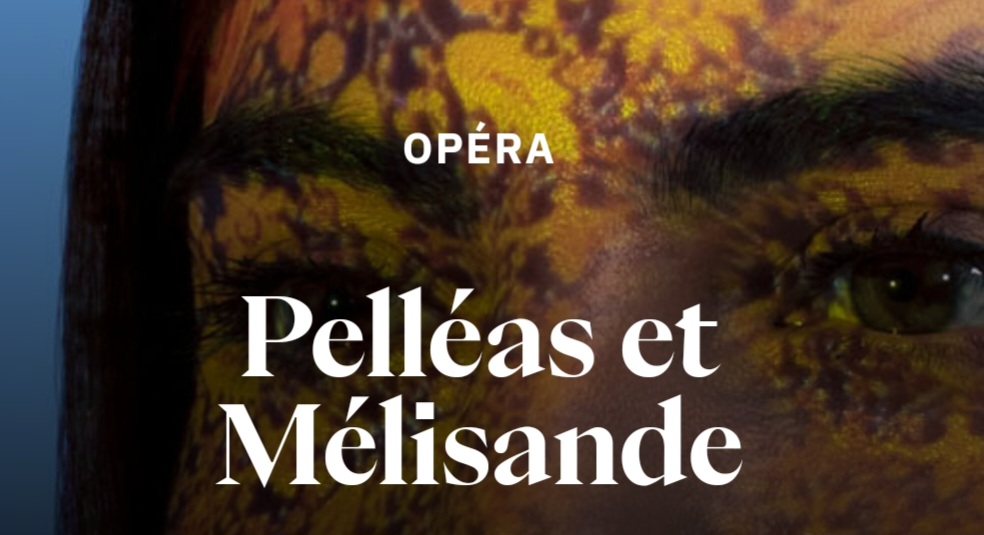
"...Golaud is a complex, fascinating and many-layered character..."
Simon gave an interview to Olyrix.com in March 2024, in which he discusses his view of the role of Golaud.
Interview - Golaud, by Simon Keenlyside - click here to read the original French text
Our thanks to Gudrun for the English translation below:
"I spent many years singing Pelléas, I love that boy and I loved singing him. However, despite this deep joy and the fact that I miss him deeply, I prefer the depth of Golaud’s character. Young men in love usually have a nice dimension, but they are portrayed rather simply.
Golaud is a complex, fascinating and many-layered character. Golaud is the product of his solitary life. Of course, the dark forests of Allemonde (in this piece) also reflect the nature of Golaud himself. He is a creature of the forest, at ease in the dark and endless nature. He finds his way and has his strategies to face existence, without light and without love.
Problems begin, of course, when the ‘spaceship’ that is Mélisande arrives in his life and completely throws him off balance.
I think the challenge is to try to show clearly the nature of what man is: that is, not to try to show everything at once.
Golaud is self-reliant and calm, and he's kind, and he's loving, and he's jealous, and he's got rage in him, and he's a murderer.
But Golaud is not all of that at once. The trick of a play is to reveal the different qualities of the character only when asked. And these colours are both physical and vocal. We must try not to be "all-in-all" all the time.
You have to try to show the rage and the emotional breakdown. . . without allowing him to raise his voice. It's a problem for any role where the character has a mad scene. The aggressiveness of Don Giovanni, the madness of Macbeth, or even the despair of Rigoletto. . . it's always the same problem: the need to protect the voice while radically destabilizing the audience. It's a great challenge, indispensable if we want to get to the end of the opera in a healthy and strong way.
So the passage that occupies me endlessly is the scene after the murder of Pelléas.
Golaud is in Mélisande's room, with Arkel and the doctor. She wakes up and he tries to start a conversation with her, but he doesn' know what to say.
Golaud must show that he is broken, that he is full of remorse, that he is burning with questions to ask her. This single sentence: "Mélisande, have you pity on me as I have pity on you" contains so much more information than the text says. It is a wonderful challenge of colour, body position, and voice for the singer.
Then, slowly, the tension rises, because Golaud does not get the answers he wants. He is so absorbed in his pain, in this cutting pain of “not knowing” which is eating at him, that these questions become a kind of madness. But everything must remain in uncertainty: simple, broken, moaning.
I've never sung at the Liège Opera before. Of course, I’m well aware of its reputation and I can’t wait to be part of this adventure with one of the greatest musical theatre plays ever written.The ultimate challenge for any singer is to sing the role in the language of the audience, it is a special privilege and joy (to know that they are with you and with the libretto, all the time). No subtitles and no delayed reactions.
It's one of my greatest joys."